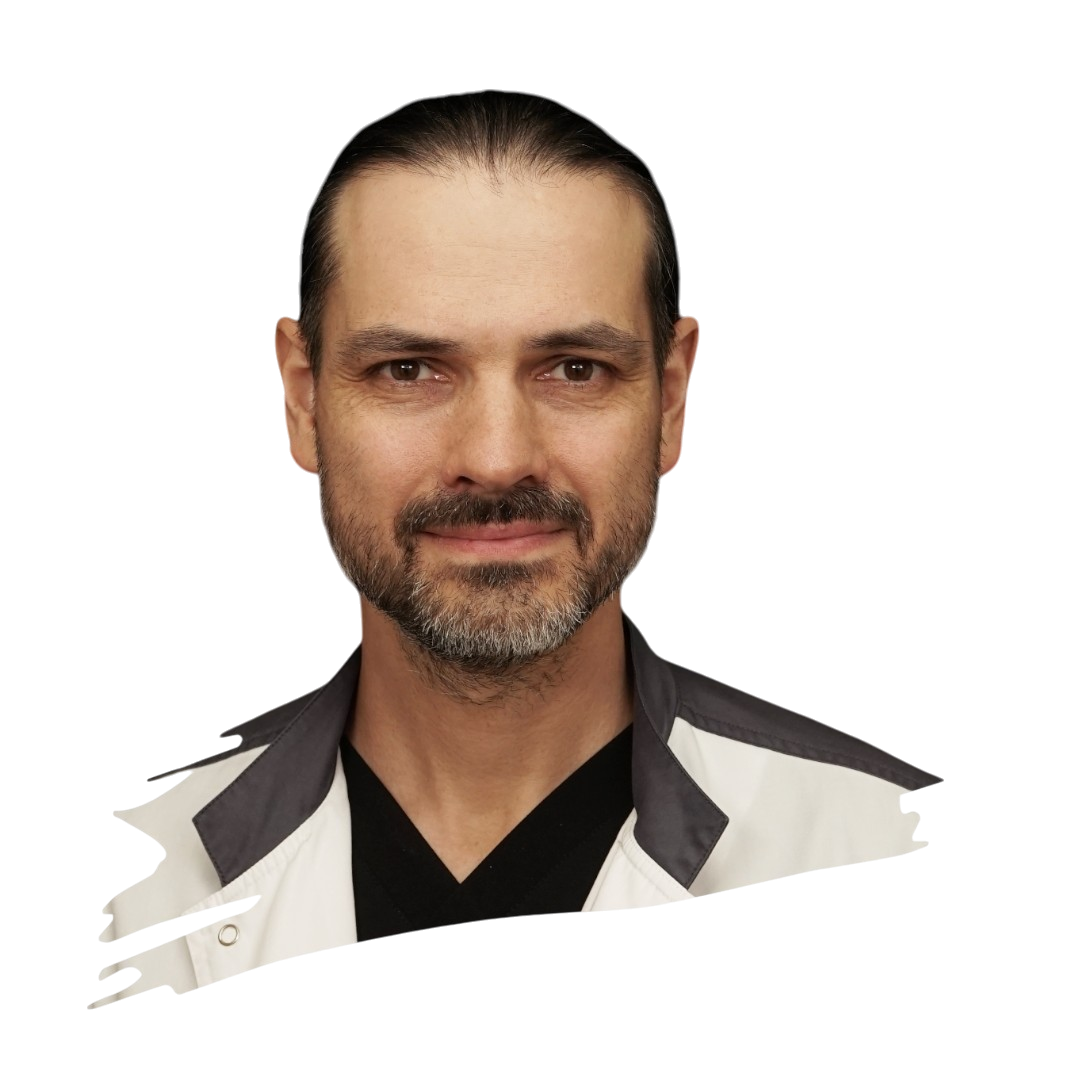The Role of Probiotics in Recovery After Rhinoplasty
Recovery after rhinoplasty is not just a step toward achieving your ideal appearance; it is a complex physiological process where every decision matters. As we know, the condition of the nasal mucosa and the balance of microbiota (the community of microorganisms) play a crucial role in successful recovery. This is where probiotics come into play after rhinoplasty. Modern research confirms that probiotics can significantly improve the healing process, minimize the risk of complications, and accelerate tissue regeneration. Let’s delve deeper into this topic and understand why normalizing the microbiota is so important in the postoperative period.
How Microbiota Affects the Healing of the Nasal Mucosa
The nasal mucosa serves many protective functions, including filtering inhaled air and forming local immunity. Surgical interventions, such as rhinoplasty, disrupt this protective barrier, and the consequences can be quite serious. The risk of inflammatory reactions increases, and the balance of microbiota is disrupted, undermining the local immune response. The use of antibiotics in the postoperative period can worsen the situation even further by decreasing the diversity of beneficial bacteria, making the mucosa more vulnerable.
Probiotics after rhinoplasty can be a real lifesaver. They help restore the normal microbial balance, which is especially important for wound healing. If postoperative antibiotics are necessary to prevent infections, then probiotics can counteract this by preventing the excessive growth of pathogenic (harmful) bacteria. This way, the patient’s immune system can work more effectively, which undoubtedly has a positive impact on the healing process.
How Probiotics Aid in the Recovery of the Nasal Mucosa
Probiotics are live microorganisms that have a positive impact on human health. Their main role is to compete with pathogenic microorganisms and strengthen mucosal barriers. Various studies show that they can lead to a significant reduction in inflammation and an improvement in the overall condition of the patient after rhinoplasty. For example, probiotics help reduce swelling and bleeding, which are critically important in the first few days after surgery.
Moreover, probiotics enhance the barrier functions of the mucosa, reducing the likelihood of allergens and pathogens entering the body. This is especially important in the context of surgical trauma when the natural protective functions of the nose are weakened. Immunomodulation (the ability to modify the immune response) is another crucial function of probiotics. Their use promotes the production of immunoglobulin A (a type of antibody), activates macrophages (a type of immune cell), and lowers the levels of pro-inflammatory cytokines (signaling molecules that promote inflammation). This is important for minimizing the risks of prolonged inflammatory reactions, which can significantly slow down the recovery process.
However, it is essential to remember that every patient is unique, and the prescription of probiotics should only be done under a doctor’s supervision. Incorrect or uncontrolled use of probiotics can, conversely, harm and delay the recovery process. Therefore, it is vital to consider the individual characteristics of the patient and follow the specialist’s recommendations.
Practical Recommendations for Successful Recovery
A preparatory course of probiotics before surgery can be beneficial, especially if you have chronic conditions or a tendency to allergies. It can significantly boost your immune defenses. In the postoperative period, probiotics should be included in the treatment regimen, especially when antibiotics are prescribed. This will not only minimize side effects but also improve your microbiota.
Don’t forget that following hygiene recommendations and regularly rinsing your nose with sterile solutions play a key role in rapid recovery. Proper nutrition is also important: your body needs building materials to restore tissues and support immune functions. All of this should be part of your postoperative plan.
Additionally, for some patients, it may be beneficial to conduct specific tests to determine the baseline composition of their microbiota and select an individual support regime. This is particularly relevant for those with complicated medical histories.
Conclusion: A Straight Path to Health
Thus, probiotics after rhinoplasty are not just a trendy option but an essential step toward full recovery. They help normalize the microbiota, minimize inflammatory complications, and promote better healing of the nasal mucosa. However, every decision should be well-considered and justified, which is why the role of the doctor in this process remains crucial. Taking care of your microbiota is not just an additional step toward beauty but a sensible approach to your health. Remember, rhinoplasty is not only about shape but also about health, and probiotics can be an invaluable tool on this journey.
Do you want to keep up to date with the latest news about plastic surgery? Subscribe to my Telegram channel: https://t.me/By_Staisupov_ENG
Do you like to watch videos? More useful information is available here (the channel is in Russian, but you can always turn on auto-titles): https://www.youtube.com/@staisupov
All the results of plastic surgery can be found here: https://staisupov.com/results







